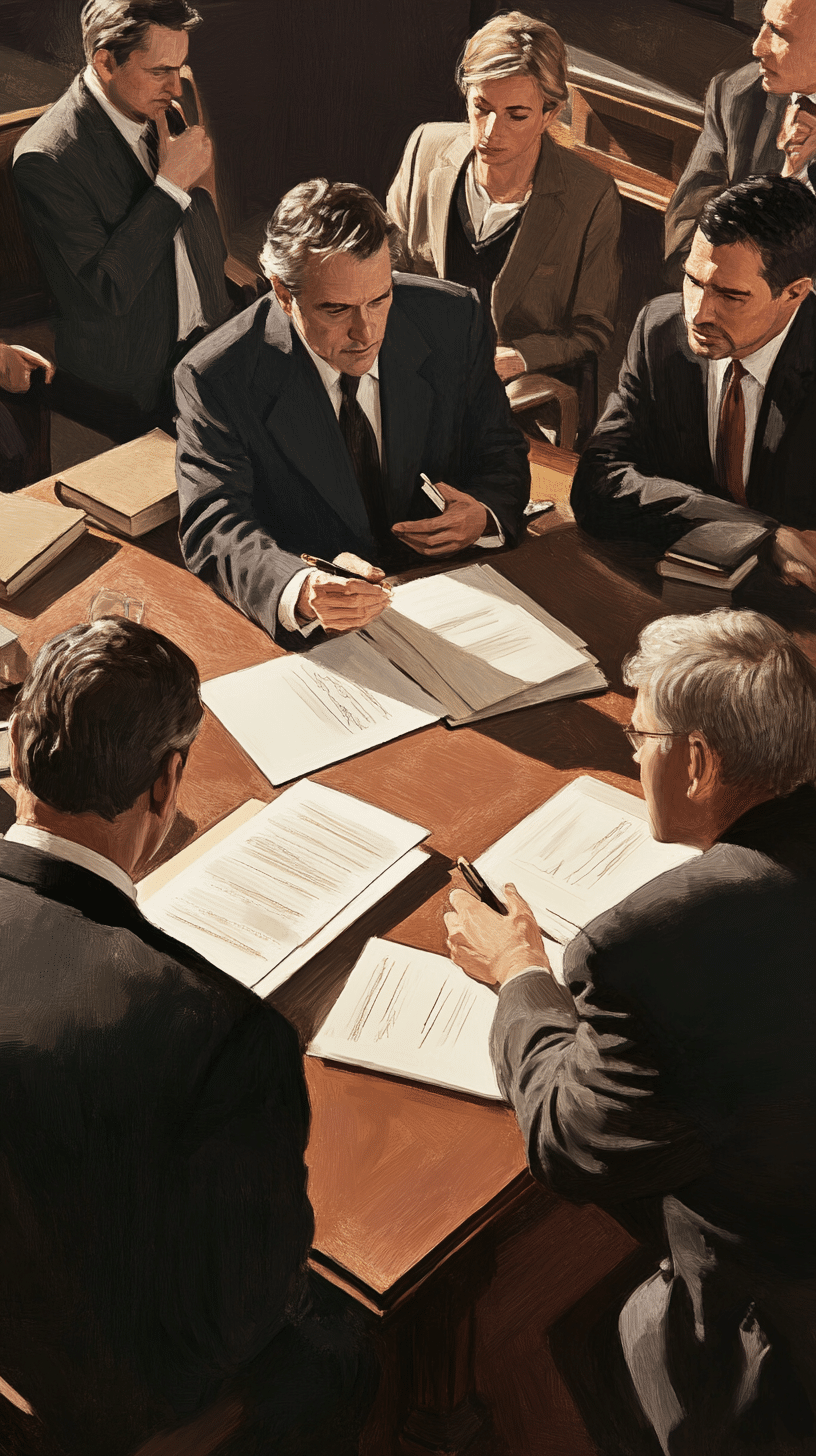In federal practice and in the practice of most states that have codified their rules of evidence, the answer to this question is a resounding yes. Historically, the answer to this question in New York, however, has been a “no”. Over the last few years, the courts in New York have tackled this question, whether directly or indirectly, and have reached inconsistent decisions. It is thus a mixed bag as to how a New York court would resolve this issue as you will see below. I believe that there is one point of consensus on this issue: an expert on direct examination may mention that a journal article or learned treatise conforms to his or her medical rationale. Beyond this, the law is unsettled.
The Appellate Division, Second Department in the matter of Zito v. Zabarsky, 28 AD3d 42, 45 (2d Dept. 2006), observed that an expert on direct examination may utilize an authoritative medical journal for its truth in concluding that the service or procedure was or was not generally accepted in the relevant medical community . However, two years later, the Appellate Division, First Department came to a contrary ruling. In Lenzini v. Kessler, 48 AD3d 220 (1st Dept. 2008), the Appellate Division, First Department, observed the following: “Although a scientific text is inadmissible as hearsay when offered for its truth or to establish a standard of care, it may be introduced to cross-examine an expert witness where it has been demonstrated that the work is the type of material commonly relied upon in the profession and has been deemed authoritative by such expert.”
But, in the recent matter of Brown v. Speaker, 2009 NY Slip Op 07156 (1st Dept. 2009), the Appellate Division, First Department, significantly backtracked from their holding in Lenzini. The Brown Court made the following observation as to the propriety of accepting a medical journal or treatise for the truth of the matter asserted: “Defendants’ expert, testifying about the standard of care at the time of plaintiff’s surgery in 2000, was properly permitted to rely on articles from 1999-2000 journals that were well-respected and accepted by experts in the field.”
So where do we go from here?













6 Responses
Do the journal articles have to be in evidence or is the finder of fact supposed to take the expert’s word that the article says what he says it does? What if the articles aren’t disclosed? And what of peer reviews, where the doctor cites a journal for a proposition and the journal article is not attached and where the doctor says nothing about the journal being “well-respected and accepted.” Leave aside the issue of whether a peer review needs to cite to journals or treatises.
It looks as if New York is adopting a “if the expert says so, we’ll believe him, notwithstanding the lack any corroborating evidence” rule.
I do not think it matters whether the document goes into evidence. The underlying matter is at best a credibility contest between the experts. I believe there is an inference that the journal article is authoritative in the eyes of the peer review doctor if it is included in his report. Lastly, I do not believe the journal article needs to actually be produced. This is because it is a matter of public record and a credit card and internet connection is all that is needed to access the document. This can even be done in court while the doctor is testifying.
I post on the evidence one when I have time. In other words, not too often. Had I not managed to pick up the domain, I would have never started it. If you are interested in posting there, I can set you up with a username and password. I don’t plan on covering no-fault unless it is relevant, so I doubt there would be any conflict.
So, yeah, thanks. It’s a work in progress and a huge pain.